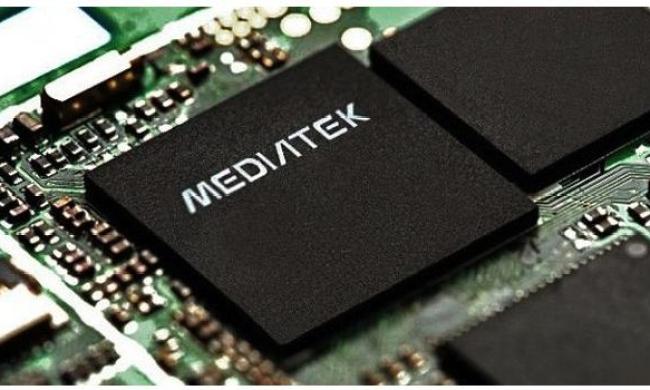
The Taiwanese semiconductor company just announced MediaTek Sensio, a biosensor that allows smartphones to track heart rate, blood-pressure trends, heart-rate variability, peripheral capillary oxygen saturation (SpO2, or how much oxygen is in the blood); measure photoplethysmography (PPG, the change in volume of blood or air in an organ), and perform electrocardiograms (ECG, the electrical activity of the heart over time.) This data can be revealed to the user in just about 60 seconds.
The module will be sold to smartphone manufacturers to embed in phones, but it will require visible light-sensitive sensors and light-emitting diodes — two on the sides of the phone, and one on the rear. This allows for a closed loop between your heart and the biosensor for more accurate measurements.
Smartphone manufacturers can develop their own proprietary app to present this data, but MediaTek said there’s a third-party interface available if the OEM wishes to use it.
MediaTek’s processors power many budget and midrange Android phones and tablets, but the company told Digital Trends a phone does not require a MediaTek system-on-a-chip for Sensio to work. Any smartphone manufacturer can pop it into their next phone — after some tweaking with MediaTek. It will be interesting to see what exactly a smartphone with Sensio will look like, considering it forces a manufacturer to add sensors around the phone, potentially requiring tweaks to the device’s design.
Sensio is also not meant to be treated as a medical-grade solution, and the company said, “there are inherent limitations in MediaTek Sensio and related software and other factors that may affect the accuracy of the information and data.” It has not been approved by the U.S. Food and Drug Administration, for example. Still, the idea is people would be able to share the data the sensor records with their physician as supplementary information.
Sensio also isn’t gunning for wearable manufacturers like FitBit — it doesn’t track fitness data like calories burned and distance traveled. It’s targeting health and wellness more than anything else.
MediaTek will be showing off prototypes of Sensio at CES, and we’ll likely see smartphones with the sensor embedded next year as well.




